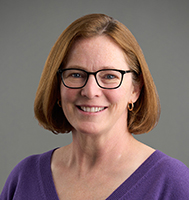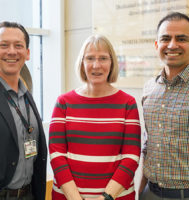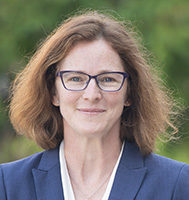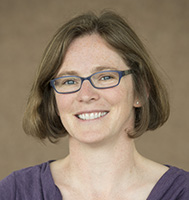Childhood heart problems can affect children’s development and mental health. The Living Longer Living Better research group studies these connections and works to find ways to help each child reach their full potential.
Congenital heart defects (CHD) are the most common birth defects. One out of every 100 babies born in the United States has a heart that formed abnormally. There are many kinds of heart defects. Different defects cause different symptoms. Some babies may have no symptoms at all, some may not eat and grow well, some may have low oxygen levels and some may need emergency care to stay alive.
Many of these babies will need heart surgery. One out of every four babies with CHD will have heart surgery before their first birthday. Most of these children will live long, productive lives. However, children who have heart surgery are more likely to have problems learning to walk, talk and eat. They may have trouble paying attention at home and at school and are more likely to have autism and anxiety. Children who have heart surgery before their first birthday and those who have low oxygen levels are the most likely to have these sorts of neurodevelopmental problems.
Our group does clinical and quality improvement work. We study how to identify patients who will likely struggle, reduce or eliminate risk factors, and support their development and mental health. We seek to understand how to effectively communicate risks and opportunities with family members and clinicians, facilitate follow up screening and services, and promote long term quality of life.
We partner with local, regional, and national colleagues and institutions, including Children’s Wisconsin, the Cardiac Neurodevelopmental Outcomes Collaborative, and the Single Ventricle Outcomes Network (SV ONE). We welcome conversations with interested collaborators.

Jesse Boyett Anderson, MD, MS
Assistant Professor
boyettanders@wisc.edu
Projects
This is an accordion element with a series of buttons that open and close related content panels.
Current (as of summer 2025)
- Wisconsin Hospital Preparedness for Neonatal Cardiac (and Other) Emergencies
- Diagnosis and Management of ADHD in Children with Congenital Heart Defects
- Prospective Identification of Barriers to Neurodevelopmental Screening in Children with Congenital Heart Defects
In Collaboration (as of summer 2025)
- SV ONE Neurodevelopment in the Interstage Quality Improvement Project
Previous projects
- Online Information Available About Cardiac Neurodevelopment (2023, manuscript under review)
-
Toddler With Recurrent Episodes of Loss of Consciousness (2025)
Research News

Shapiro student Katherine Dolan receives best presentation award at Midwest Pediatric Cardiology Society Annual Meeting
During the recent 2025 Midwest Pediatric Cardiology Society Annual Meeting, held in Omaha, Nebraska, September 18–19, Katherine Dolan, a second-year student at UW School of Medicine and Public Health, received the Best Medical Student Presentation Award. …
October 21, 2025
Pediatric Brain Care Clinic’s multidisciplinary staff addresses acquired brain injuries from a wide range of causes
Every Thursday afternoon, the Pediatric Brain Care Clinic is open in the Waisman Center to see pediatric patients with acquired brain injuries, many recently discharged from time spent in the American Family Children’s Hospital (AFCH). …
March 12, 2025
New Faculty Focus: Jesse Boyett Anderson
Q&A with Jesse Boyett Anderson, MD, MS, assistant professor, Division of Cardiology Hometown: I grew up on both coasts (California, Oregon, Georgia, and Rhode Island) and now consider Middleton, Wisconsin, my home. Educational/professional background: I …
October 2, 2024
Jesse Boyette Anderson, MD, Wins 2nd Place at MWPCS Annual Meeting
Congratulations to Jesse Boyette Anderson, MD (PL3 Resident), who won second place in the resident category at the Midwest Pediatric Cardiology Society (MWPCS) annual meeting for her oral presentation “Management of Isolated Bicuspid Aortic Valve: Current Practice …
October 8, 2020- More Boyett Anderson Research Group News posts